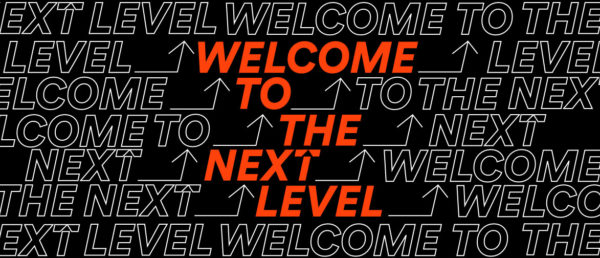This guide for employers answers common questions about T Levels and providing industry placements for students.
Please be aware that T Levels are only available to students in England.
What are T Levels?
T Levels are a Level 3 qualification for 16-19 year olds and are usually offered in sixth form/college as a 2-year course.
Designed with employers, T Levels were rolled out in 2020 and aim to help young people develop the knowledge, attitude and practical skills to progress into skilled employment, an apprenticeship, or further study.
What are T Levels equivalent to?
A T Level is equivalent to 3 A Levels. This is similar to other Level 3 courses studied at sixth form or college.
T Levels vs A Levels
The main ways that T Levels and A Levels differ are:
- T Levels are more vocational and focus on industry skills, whereas A Levels are more academic and theory-based
- T Level students can only study one subject, but A Level students can study 3 – 4 subjects
- T Levels have coursework and exams like A Levels for 80% of the course and final grade, but require an additional industry placement for 20% of the course and final grade.
So are T Levels better than A Levels? Neither course is necessarily better than the other, and the differences above highlight how each course may be suitable for different career paths and student strengths.
Ultimately, both qualifications will provide a nationally recognised certificate upon passing, but students on each of these courses will have different experiences, such as what course content they covered, what other subjects they studied, and how much work experience they have under their belt.
T Level Placements
Every T Level student is required to complete a 45-day (min. 315 hours) industry placement with an employer. This is to provide them with the opportunity to put their learning, knowledge and skills from the course into practice in a real workplace setting.
Students undertaking a T Level Foundation Year may also require a work placement. This is a transition year that precedes a T Level course for students who are not yet ready to start a T Level, but have the potential to progress onto one with extra support. This transition year is completed with the school/college and is only required if the student needs this preparation for the Level 3 T Level course.
Industry placements also give employers a unique opportunity to develop new talent, help young people get work ready, and build a talent pipeline. Other benefits of providing T Level placements include:
- Attracting motivated young people, bringing in new ideas
- Improving your recruitment pipeline
- Addressing local and national skills gaps by helping young people develop the skills your industry needs
- Developing your employees’ management skills
- Building a diverse workforce
- Playing an important role in the local community
- Building partnerships with local training and education providers
- Saving recruitment costs by providing the opportunity to see what the young person can offer, on a no-obligation employment basis
If you’re interested in hosting T Level industry placements, download the Government’s employer guide to find out more.
This guide is a condensed version of the T Level Industry Placement Delivery guidance, which outlines the roles and responsibilities of employers and providers when delivering high-quality placements.





